World’s Wealthiest Gamblers: Stories Behind Their Fortunes
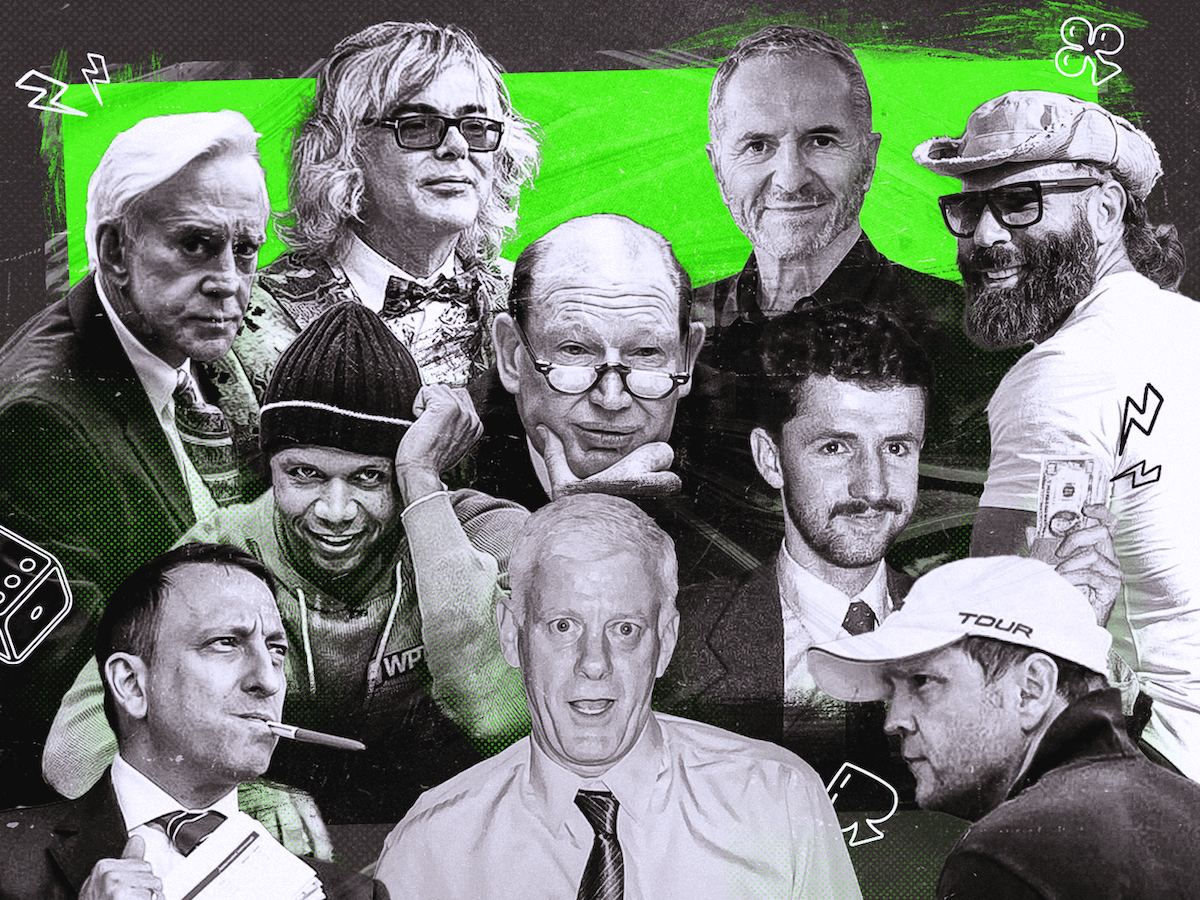
At a Glance: Insights into Gambling’s Biggest Earners
- Kerry Packer reigns as the richest gambler, known for his fearless wagers and a legendary $20 million blackjack win in under an hour.
- Mathematical prowess is a hallmark of the top gamblers, with strategies ranging from card counting to advanced betting models.
- Algorithm-based betting, especially in horse racing, has yielded extraordinary fortunes for innovators like Bill Benter.
- Syndicates and consultancies have enabled elite gamblers to manage massive annual wagering volumes and multiply profits.
- Many in this elite group have expanded their wealth through diverse investments, while some navigated legal challenges due to their risk-taking approaches.
The phrase “the house always wins” is familiar to anyone who has dabbled in gambling. However, a select group of players have gained legendary status by mastering the odds, combining intellect, nerve, and often vast resources to shape their own luck. Let’s dive into the remarkable journeys of the world’s richest gamblers and discover how their unconventional paths defied industry norms.
Kerry Packer: The Titan of High Stakes
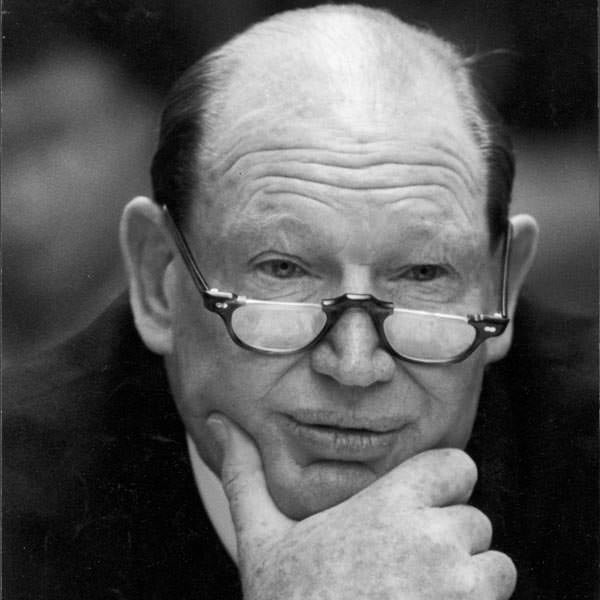
Image: The Australian Media Hall of Fame
Kerry Packer, widely regarded as Australia’s wealthiest individual, amassed a staggering fortune estimated at $5 billion through strategic investments and business ventures. Packer’s gambling exploits, however, set him apart on the global stage. Known for his audacious play, he routinely placed some of the world’s largest casino bets, weathering both incredible losses and breathtaking victories.
His most infamous losing streak saw $40 million vanish across elite casinos in London and Las Vegas in less than a year. Yet Packer’s luck could turn on a dime - in 1995, he chalked up a legendary run by winning $20 million in blackjack across just 40 minutes, playing multiple $250,000 hands at once. Packer’s blend of risk tolerance and sheer scale transformed him into a gambling icon.
Tony Bloom: The Betting Strategist and Entrepreneur

Image: wearebrighton.com
Tony Bloom’s trajectory from recreational poker to global betting mogul is a study in strategic evolution. With a mathematical background honed at the University of Manchester, Bloom initially gained recognition for his calm, analytical approach at the poker table, culminating in multi-million-dollar tournament winnings and the nickname “The Lizard.”
While Bloom’s poker success earned headlines, the majority of his $1.5 billion fortune stems from founding Starlizard, a highly secretive betting consultancy. Starlizard employs vast data sets and sophisticated statistical models to identify betting opportunities, reportedly moving millions in soccer and horse racing markets each week. Bloom’s low public profile only adds to the mystique surrounding this formidable sports betting operation.
Bill Benter: Algorithm Pioneer of Horse Racing
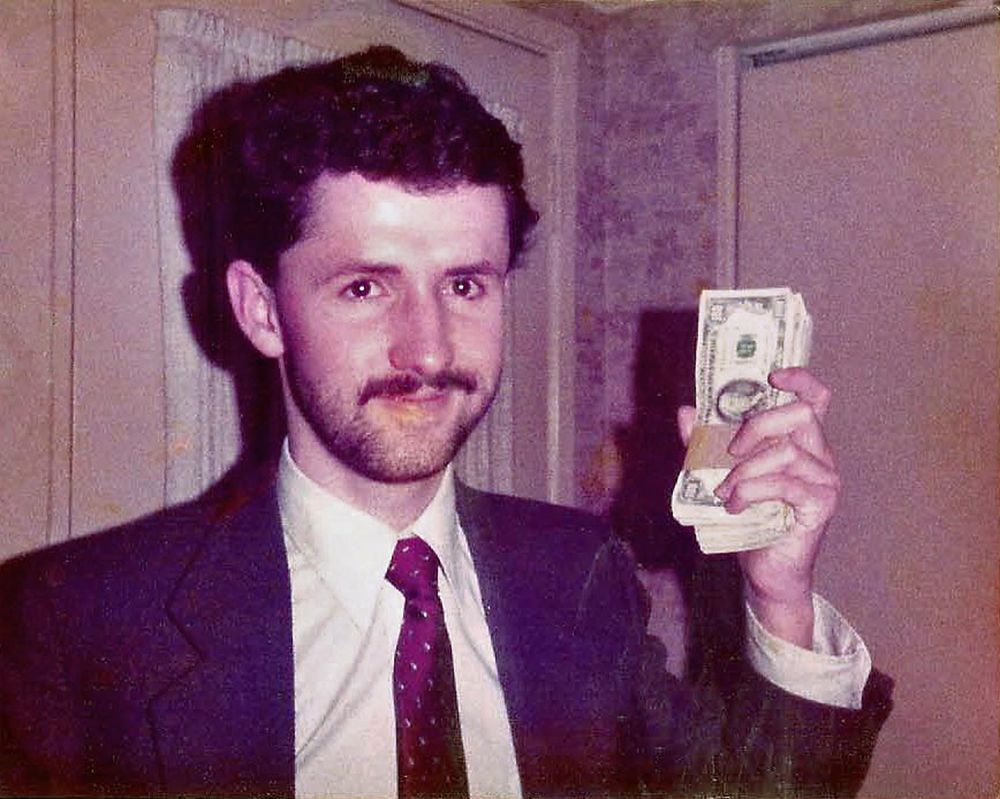
Image: Twitter/CDCHistory
Bill Benter began his gambling career as a card counter in Las Vegas but soon directed his intellectual energy toward horse racing. By combining probability theory with technology, Benter developed highly predictive algorithms for the Hong Kong horse racing markets alongside partner Alan Woods.
Benter’s models revolutionized the practice of race betting and yielded extraordinary returns - at times earning millions annually. His greatest triumph was correctly forecasting the notoriously difficult Triple Trio bet, cementing his reputation as perhaps the most successful algorithmic gambler in history. Today, with an estimated fortune of $1 billion, Benter actively supports academic and philanthropic initiatives worldwide.
Edward Thorp: The Grandfather of Card Counting and Quant Investing
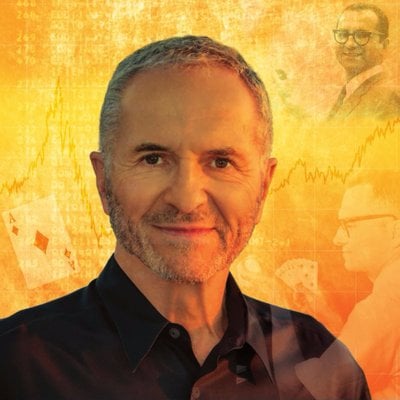
Image: Twitter/EdwardOThorp
Edward Thorp revolutionized gambling and finance in equal measure. He invented the modern card counting technique for blackjack, using his advanced mathematical skills to systematically overcome the casino’s advantage. Thorp put theory into practice, amassing significant winnings and eventually documenting his insights in his seminal 1962 book, “Beat the Dealer,” which sold over a million copies.
Never one to rest on achievement, Thorp also created an early wearable computer for roulette predictions and later brought his quantitative skills to Wall Street, generating substantial additional wealth through investment funds. Thorp’s estimated net worth stands at around $800 million.
Alan Woods: From Card Counting to Syndicate Powerhouse

Image: Bloomberg
Alan Woods charted a career path nearly parallel to Bill Benter’s, venturing first into card counting before focusing on the statistical complexities of horse racing. After a period of partnership, Woods and Benter’s approaches diverged, but both enjoyed massive success in Hong Kong’s betting markets.
Woods’s creation of complex betting syndicates and his use of proprietary models enabled him to amass an estimated $500 million fortune. Even after facing scrutiny from authorities and relocating operations, Woods continued to operate at the top tier of professional gambling until his passing, having also collaborated with Zeljko Ranogajec.
Zeljko Ranogajec: Advantage Gambler and Syndicate Architect

Image: Twitter/WillyJAllison
Dubbed “The Joker,” Zeljko Ranogajec converted modest beginnings as a blackjack player into hundreds of millions by exploiting the mathematics of horse racing and other betting markets. Collaborating with Alan Woods and later founding his own syndicate known as “the Bankroll,” Ranogajec built a reputation for executing huge wagering volumes, reportedly exceeding $3 billion annually.
His syndicate’s activities have become so prolific that they are believed to account for a significant percentage of wagering activity on Australia’s largest betting exchanges. Ranogajec is intensely private, but his holdings, such as a luxury residence at One Hyde Park, point to a net worth near $420 million.
Billy Walters: Sports Betting Savant

Image: Twitter/business
Billy Walters stands out among sports bettors as a legend of consistency. Over nearly four decades, he managed an unprecedented string of winning years-success largely attributed to meticulous analysis and the strategic leveraging of information. Walters’s edge often came from focusing on college sports, where bookmakers’ odds left exploitable gaps.
Notorious for risking large sums, including a single $250,000 wager on a university basketball game, Walters’s sports betting career generated a personal fortune estimated at $200 million. However, his career was not without controversy; a conviction for insider trading brought legal battles and a prison sentence, from which he was later released through a presidential pardon.
Dan Bilzerian: The Maverick of Private Poker

Image: Twitter/DanBilzerian
Known as much for his extravagant lifestyle as for his gambling, Dan Bilzerian claims to have earned his fortune, said to be around $200 million, from high-stakes private poker games. While Bilzerian maintains a high public profile via social media, he participates primarily in hard-to-document underground games against wealthy opponents rather than large public tournaments.
While some have been skeptical of his gambling feats, other professional players acknowledge that the ultra-wealthy amateur market can yield enormous, if private, wins-sometimes reportedly as high as $50 million in a single night.
David Walsh: The Mathematical Mastermind and Art Patron
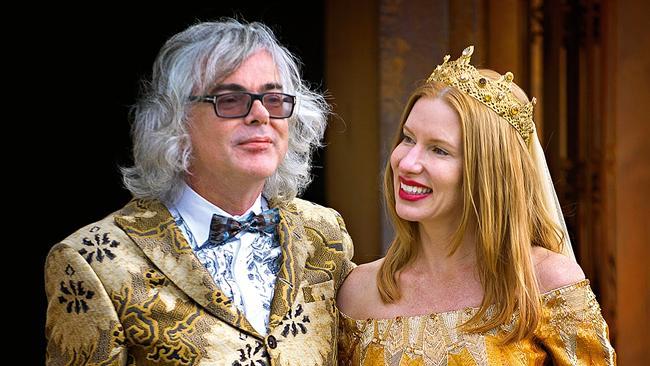
Image: Twitter/australian
David Walsh began his journey in gambling by counting cards as a university student, forming lucrative alliances with notable figures like Zeljko Ranogajec. He took a more technical route by designing predictive horse-racing software that powered some of the world’s most powerful betting syndicates.
At one point, Walsh displayed his appetite for risk outside of sports, buying $11 million in lottery tickets in pursuit of a giant jackpot. Today, his creative vision is best seen in Tasmania, where he founded the Museum of Old and New Art (MONA), an underground museum reportedly built at a cost exceeding $200 million.
Phil Ivey: Poker’s Ultimate Talent

Image: World Poker Tour/Flickr
Regarded as one of the finest poker players of all time, Phil Ivey has won 10 World Series of Poker bracelets and millions in prize money, affirming his $100 million net worth. Ivey made headlines by playing and winning against the most formidable opponents, including legendary multi-million dollar matches.
One of his most storied moments came when he reportedly bested a billionaire banker for $16.6 million in a single session. Ivey’s relentless competitiveness and record of tournament victories distinguish him from the more media-driven personalities in high-stakes poker.
Frequently Asked Questions
Can individuals truly make a living from gambling like these top earners?
While the stories of these gamblers are extraordinary, it’s important to recognize that consistent success in gambling is rare. Most gamblers lose money over time, and the elite few who profit long-term do so through a mix of mathematical skill, emotional discipline, substantial capital, and often a unique edge. Responsible money management and modest expectations are essential for anyone considering this pursuit.
What skills are crucial for professional gamblers?
Expertise in probability, data analysis, risk management, and self-control are vital. Professionals usually specialize in areas where they hold an edge-whether through statistical modeling, game theory, or insider knowledge. They must also be resilient under pressure and willing to keep learning as markets and games evolve.
How do casinos deal with players who consistently win?
Gambling venues actively monitor and restrain advantage players using various methods-they may bar individuals, tweak game conditions, cap maximum bets, or deploy technology to identify advantage play. As a result, many high-level gamblers eventually transition to sports betting, horse racing, or exclusive private games to maintain their competitive advantages.
Are gambling winnings subject to tax?
In a majority of jurisdictions, gambling income is taxable. Professional gamblers often register as self-employed and must keep meticulous records. However, tax laws differ widely by country-some nations exempt gambling winnings, while others heavily tax them. Many professional gamblers rely on specialized tax advisors to navigate the complex requirements.













